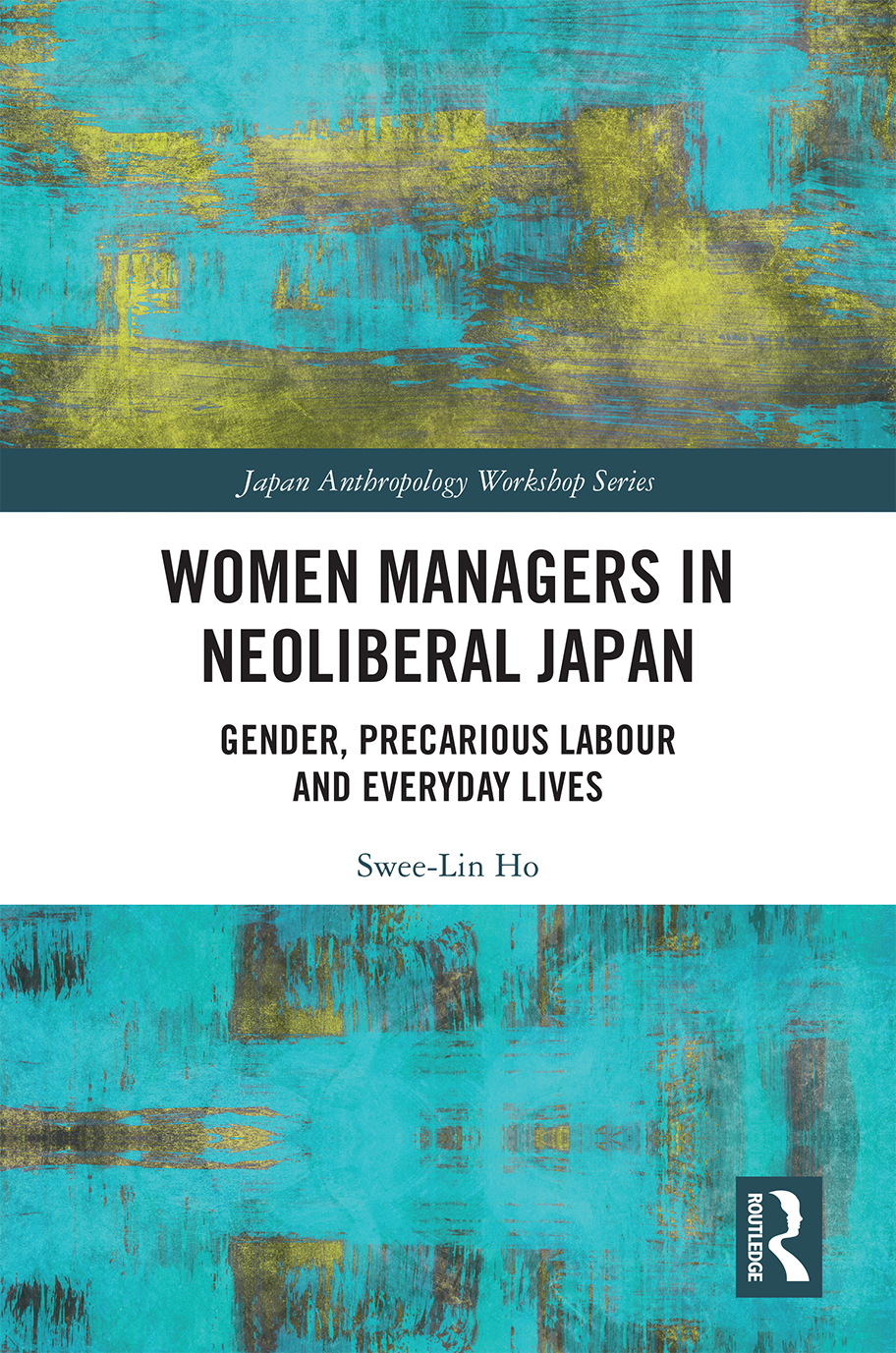Product desciption
Women Managers In Neoliberal Japan Sweelin Ho by Swee-lin Ho; instant download after payment.
This book is about the varying difficulties experienced by women with professional careers in post-bubble Japan, where they are persistently treated by the state and employers as a pool of cheap, contingent resources for the benefit of the broader economy, that is, convenient tools for meeting the government's economic plans on womenomics.' Based on ethnographic data gathered from interviews with 160 women managers over a period of nearly 18 years of fieldwork, this study analyses how precarity is produced, reinforced, and perpetuated by continuities and discontinuities in shifting structural processes that generate and perpetuate the experiences of angst, anxiety, frustrations, disillusionment, and insecurity for this segment of the white-collar workforce. To be women managers in a society that assiduously assigns women's rightful place to the domestic realm in their roles as wives and mothers is to subject their behaviour, choices, and aspirations to scrutiny and criticisms. Women managers are also peripheral, non-core players in the corporate workplace, where opportunities for career advancement are limited, and work conditions become incrementally more difficult with the rise of managerialism and nominal management in the increasingly flexible work environment of today. With weak in labour unions to offer them limited access to collective representations, and ineffective legislations that provide little protection from unfair or abusive corporate practices, the risks many women face in their pursuit of management-track careers far outweigh the rewards promised by the opportunities they receive. Women's greater access to managerial work in neoliberal Japan is thus a mixed blessing, with significant ramifications on their emotional health, psychological well-being, social relations, and senses of self-worth. In scrutinizing the contradictions, ambivalence, and conflicts in the lives of women managers in Japan, where neoliberal values are implemented in particular and arbitrary ways for economic agendas, this research offers unique and rich insights into understanding how womenomics as an ideological tool that persistently values women primarily and solely as contingent labour contributes to conflicts of identity and socio-economic precarity for women pursuing management-track careers in the neoliberal work environment today.


